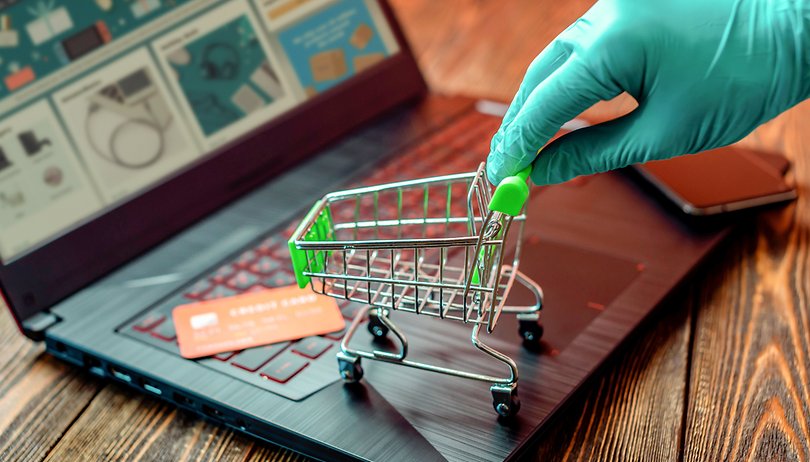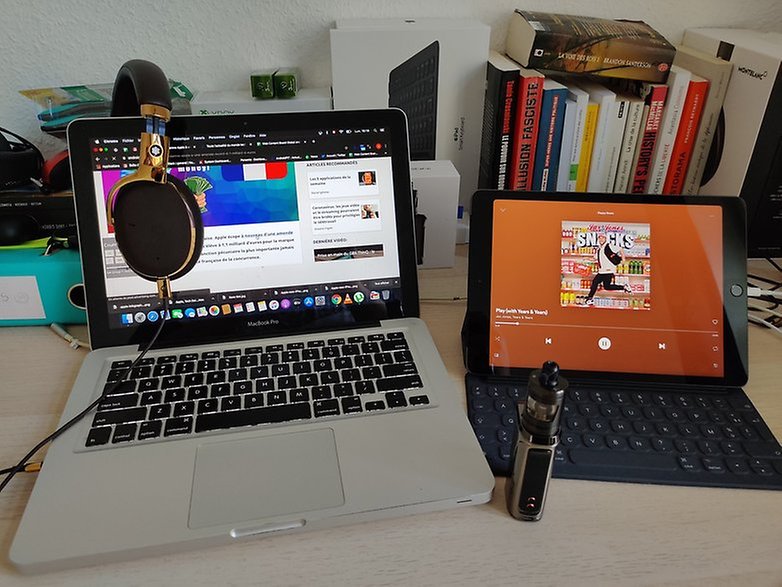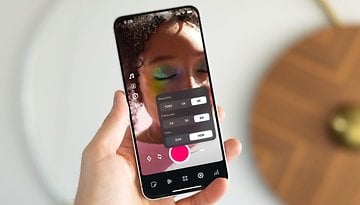How a pandemic curtailed my tech consumption


Read in other languages:
The health crisis linked to Covid-19 and the successive confinements have had serious consequences and lessons for the tech industry and its consumers. Wow, did I just write the most banal and meaningless sentence of my career? You underestimate me, but that's not the point.
In a series launched by my colleague Ben last week, NextPit tries to highlight the positive in this 'new normal' version of reality the world is entering. Ben explained how the shift to working from home and confinement has positively changed our human relationships by making us more technophiles through the use of digital tools.
As for me, and quite counter-intuitively, the health crisis has had a positive impact on my consumption habits with regard to tech products. I'll try to explain how these effects could extend to the tech industry more generally.
I buy fewer tech products...
Of course, shutting down the economy, putting employees on reduced hours, and cutting back on self-employment and independent businesses has had a negative economic impact, not just in the tech world. You don't need to be a tech journalist to be aware of this.
But I have also found that despite my financial irresponsibility, I have become much more relaxed when it comes to buying new tech products. Yes yes, I can already feel the gall of a few detractors in the persuasive comments that as a tech journalist I surely have five smartphones at €1,000 at home, a 127-inch 4K screen, three PS5s and a gaming PC with a GeForce RTX 3090 graphics card in my penthouse in the centre of Berlin. But they're wrong, I don't have a penthouse, I live in a house share.
Seriously, I really feel that my consumption habits have become more rational. That I've taken more into account my needs than my desires when buying or renewing technical equipment. A shift towards a utilitarian logic of the act of purchasing which is driven primarily by economic imperatives, certainly.
I don't know what will be made of tomorrow, I have to save in case of a hard blow, especially in a job market as volatile and saturated as the specialised press. Nothing new, I am not alone in this. Last week, I received a press release for a study by the YouGov, commissioned by the French price comparator Le Dénicheur, on the impacts of containment for Black Friday 2020.
According to this study, slightly more than half of the respondents felt that the health crisis has had an impact on their general way of consuming (54%). For the 18 to 24-year-olds (I'm 27), 40% say they have reviewed their way of consuming to preserve their budget and 13% for environmental reasons.
But I think it goes further. I have the deep conviction that this fear of losing my comfort of life, this relative stability of my first permanent contract in the middle of a health crisis has created a trigger in me.
... but I buy better
Not only do I buy less to preserve my budget, but I also feel that I am less of a slave to the blackmail of novelty fuelled by the marketing obsolescence maintained by manufacturers. You know, that technique that persuades you that the great smartphone you bought in March is a worthless brick compared to its successor released three months later.
A blackmail that worked all the more when I started working in the tech press. Every week I get a new toy. An ultra-powerful smartphone, the latest high-end headphones, and I use them daily as if they belonged to me.
And I don't care if I have to return them at the end of my review (except for the Samsung Galaxy Z Fold 2, which I miss) since I know I'll have something new right after. Except I get to use these products for free. If I had to pay for them out of my own pocket, my ephemeral collection of cool tech products would take a serious hit.

However, in my personal life outside of the editorial office, I also tended to keep an eye out for every new feature, pre-order, and every new next-gen console. Or resell my smartphone three months after I bought it in order to get my hands on its successor, which must be better because it's newer!
But since the first containment, I've seriously reordered my priorities. I didn't rush to pre-order the PS5, knowing full well that stocks, voluntarily reduced by Sony, wouldn't allow me to receive it before 2021.
I did not purchase the OnePlus 8/Pro or OnePlus 8T when I had not missed a launch since my first OnePlus 5T, simply because my current OnePlus 7T still performs perfectly. Instead of buying a 240 Hz OLED monitor to optimize my home office setup, I opted for a 60 Hz Samsung LCD (but curved, please!).
I'm not going to upset your vision of the world with this feedback that is neither transcendent nor original. But, and this is a very silly feeling, I feel quite proud to have regained some semblance of control over my consumerism.
Are we moving towards more moral tech choices?
Anyone with a basic understanding of economics knows that capitalism is based on free-market self-regulation. The invisible hand whose fingers are the macro-economic trends generated, in the manner of chaos theory, by the flapping of the wings of the butterflies that we are.
If, and I say if, because I am not an economist, the trend towards more restricted consumption is sufficiently strong, could this not be a sign of self-regulation in the tech market? A market moralised by a more rational demand for tech products?
If, like me or like some of you, consumers buy fewer tech products and adopt a more utilitarian logic, couldn't manufacturers be "forced" to gradually abandon their marketing logic based on obsolescence, immediacy, and constant renewal?
I know, I look very foolish and naive with my enchanting vision of human behaviour and its effects on the market economy. But the fact is that manufacturers, especially in the tech industry, are taking into account the changing demand. The changing expectations of their potential customers, the most sought-after, but also those that are no longer worth following.
I'm not a complete idiot. I am well aware that profit will always take precedence over consumer interests. And that moralising a market, not immoral but amoral, is very, very unlikely. I just want to point out that manufacturers are aware of the trends and conscious of consumers' purchasing criteria and that they take them into account.
An interview with Madhav Sheth, CEO of Realme Europe, comforts me in this utopian daydream. It's no coincidence that Realme, the manufacturer with the most prolific smartphone catalogue in 2020, has decided to revise its pace downwards to focus on fewer but more complete models.
So I'm not talking about selling fewer units, numerically. But less decline its catalogue with versions Pro, Max, Giga, Ultra, Lite every two months. Or to offer four or even five years of Android updates instead of two or three.
So I figure if I buy less and better, it's not impossible that manufacturers will also sell less and better, right?





















